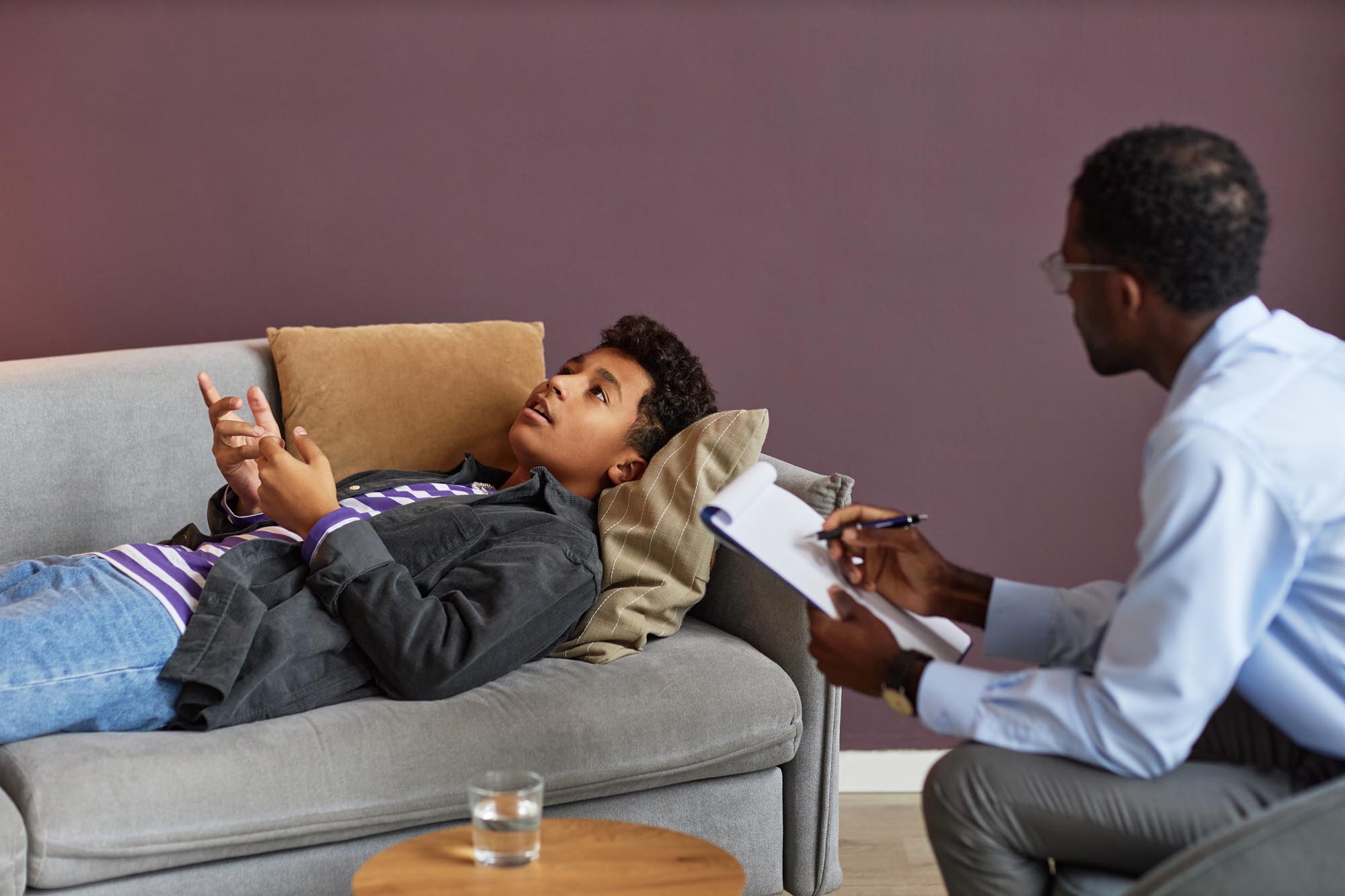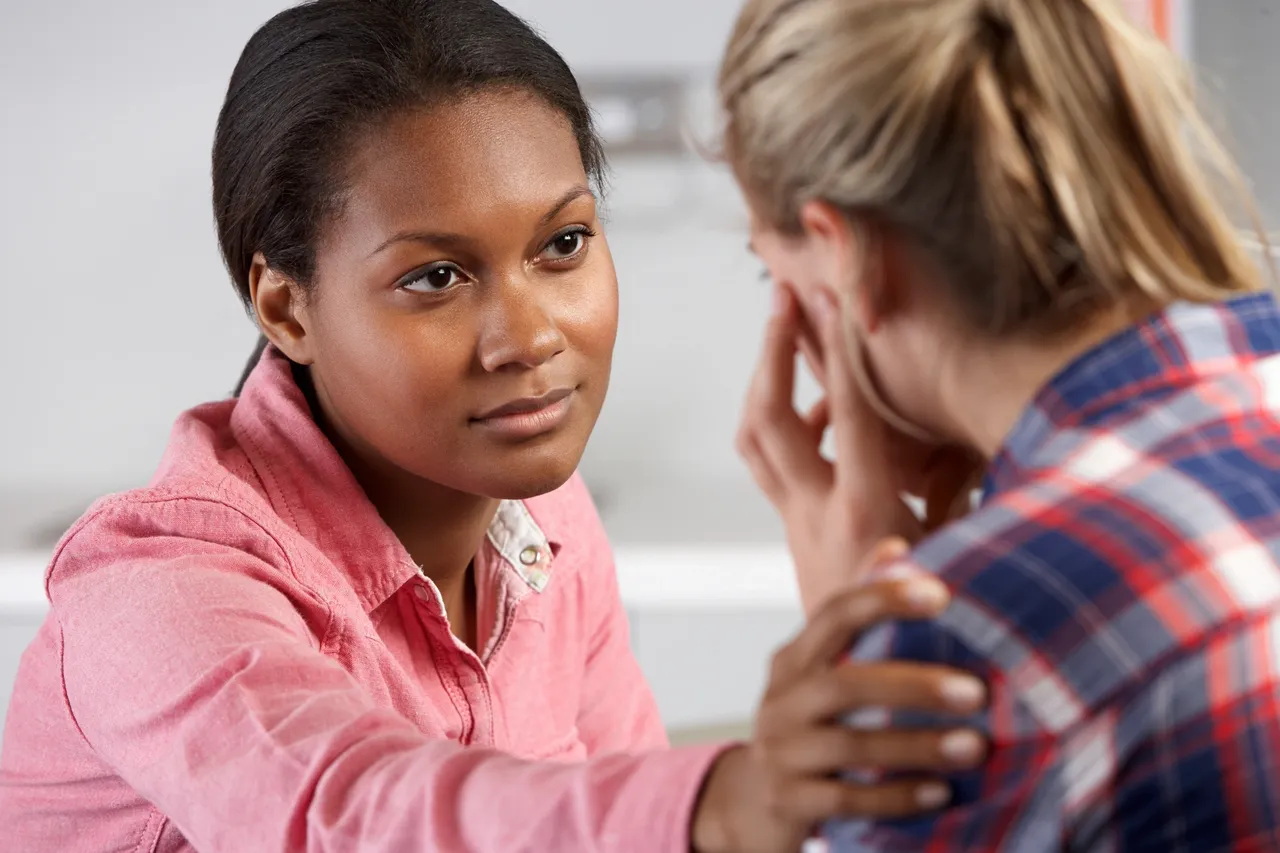Understanding Teen Residential Treatment
When your teen is struggling with mental health challenges that feel too big to handle at home, teen residential treatment offers a lifeline. This level of care provides 24/7 support in a structured, therapeutic environment where your child can focus entirely on healing without the distractions and triggers of everyday life.
Think of inpatient teen behavioral health programs as an intensive healing space—not a hospital, but a home-like setting where teens receive round-the-clock care from compassionate professionals who truly understand adolescent development. These programs combine individual therapy, group counseling, psychiatric support, and life skills training into a comprehensive treatment approach designed specifically for young people.
Adolescent mental health care requires a different touch than adult treatment. The teenage brain is still developing, particularly in areas that control decision-making, emotional regulation, and impulse control. Your 14-year-old isn’t just a small adult—they need specialized interventions that honor where they are developmentally while building the foundation for lifelong wellness.
Residential treatment becomes necessary when:
- Outpatient therapy isn’t enough
- Your teen’s safety is at risk
- Mental health symptoms significantly interfere with daily functioning
It’s not about giving up—it’s about giving your child the intensive support they need during a critical window of their development. Ages 12 through 17 represent a pivotal time when early intervention can truly change the trajectory of a young person’s life.
How Residential Treatment Works for Teens
How residential treatment works for teens centers on creating a structured yet nurturing environment where healing can truly take root. Each day follows a thoughtfully designed schedule that balances therapeutic work with normal teenage activities, helping your child feel supported without feeling institutionalized.
A Typical Day in Residential Treatment
A typical day includes:
- Therapeutic groups: where teens connect with peers facing similar challenges, learning they’re not alone in their struggles. These group sessions build community and allow adolescents to practice new communication skills in a safe setting.
- Individual counseling: sessions provide one-on-one time with a dedicated therapist who gets to know your teen’s unique story, working through specific issues at a pace that feels comfortable.
- Educational support: so your teen doesn’t fall behind academically. Teachers work with small groups or individually, adapting lessons to each student’s needs and learning style.
- Skill-building activities: from art therapy to mindfulness practices, which are part of the evidence-based therapies for teen mental health in psychiatric day treatment programs, to recreational time—round out the day, teaching practical tools your teen can use long after treatment ends.
- Family engagement: isn’t just encouraged; it’s essential. You’ll participate in family therapy sessions, receive regular updates, and learn strategies to support your teen’s progress.
- A home-like environment: the environment itself is designed to feel less like a hospital and more like a home—comfortable common areas, personalized spaces, and caring staff who genuinely invest in your teen’s journey create the foundation for meaningful change.
Typical Length of Stay in Residential Treatment
One of the first questions parents ask is: how long is residential treatment for teens? The honest answer is that every teen’s journey looks different. Most adolescents in residential care stay between 30 to 45 days, though this timeframe serves as a starting point rather than a rigid rule.
The duration of teen residential care depends on several deeply personal factors:
- Your teen’s specific mental health needs
- The severity of their challenges
- How they respond to treatment
A teen struggling with depression and anxiety might have a different timeline than one working through trauma or behavioral concerns.
What matters most is that treatment plans remain individualized. Clinical teams continuously assess your teen’s progress, celebrating wins and adjusting approaches when needed. Some teens make breakthrough progress quickly, while others need more time to develop the coping skills and emotional resilience that will serve them long after they leave.
This flexibility isn’t about uncertainty—it’s about commitment to getting it right. Rather than rushing to meet an arbitrary deadline, residential programs prioritize genuine healing. Your teen’s treatment team will work closely with your family to determine the right moment for transition, ensuring they’re truly ready to take their newfound skills home.
Factors Affecting How Long a Teen Will Be in Residential Treatment
When you’re wondering “how long will my teen be in residential treatment,” it helps to understand that several interconnected factors shape the mental health recovery timeline. Each teen’s journey is unique, and the duration reflects their specific circumstances and needs.
1. Initial Assessment and Severity
The starting point involves a comprehensive evaluation of your teen’s mental health condition. Clinical staff examine the complexity of their challenges—whether they’re navigating depression, anxiety, trauma, behavioral concerns, or co-occurring conditions. A teen experiencing severe symptoms or multiple diagnoses may benefit from a longer stay to establish stability and develop essential coping mechanisms. In some cases, residential treatment can save suicidal teens, providing them with the necessary support and resources to navigate their mental health struggles.
2. Tracking Therapeutic Milestones
Teen progress in residential treatment unfolds through measurable milestones. Clinical teams observe how your teen responds to therapy, whether they’re developing healthier thought patterns, practicing new skills, and building emotional resilience. Some teens reach these markers quickly, while others need more time to process and integrate what they’re learning.
3. Continuous Clinical Evaluation
Individualized care plans aren’t static documents—they evolve based on regular assessments. The treatment team meets consistently to review your teen’s progress, adjusting approaches and duration as needed. This responsive approach ensures your teen receives exactly what they need, when they need it.
4. Your Role in the Process
Your involvement significantly influences both treatment success and length. Teens whose families actively participate in therapy sessions, maintain consistent communication, and prepare for their teen’s return home often experience more effective outcomes. This highlights the importance of family support in teen mental health, which can positively impact the overall timeline of the treatment process.
Daily Life and Support During Residential Treatment
The daily routine in teen residential treatment provides the stability and predictability that many struggling teens need to feel secure. Each day follows a thoughtfully designed structure that balances therapeutic work with normal teenage activities, helping your child develop healthy patterns while addressing their mental health needs.
A Typical Day in Residential Treatment
A typical day includes:
- Morning wellness activities to start the day with mindfulness or movement
- Individual therapy sessions where your teen works one-on-one with their therapist
- Group therapy that builds connection and teaches social skills
- Academic time with dedicated teachers who understand mental health challenges
- Skill-building workshops focused on coping strategies and emotional regulation
- Recreation and creative expression through art, music, or outdoor activities
- Family therapy sessions scheduled regularly to strengthen relationships
Educational Support for Teens
Educational support for teens remains a priority throughout treatment. Your child won’t fall behind academically—instead, they receive personalized instruction that adapts to their learning style and current emotional state. Teachers coordinate with your teen’s home school to ensure coursework aligns with their grade level and graduation requirements.
24/7 Care in Inpatient Programs
The 24/7 care in inpatient programs means trained staff members are always present, ready to provide comfort during difficult moments or celebrate small victories. This round-the-clock availability creates a safety net that allows teens to take emotional risks in therapy, knowing support is immediately accessible whenever they need it.
Building Sustainable Well-being Through Residential Care
The heart of residential treatment lies in equipping your teen with tools they’ll carry long after they leave. Evidence-based mental health treatment forms the foundation of every therapeutic approach, meaning your teen receives interventions proven through research to create lasting change. These aren’t temporary fixes—they’re skills that become part of who your teen is.
Tailored Therapies for Unique Needs
Therapies like Cognitive Behavioral Therapy (CBT), Dialectical Behavior Therapy (DBT), and trauma-informed care are carefully selected based on your teen’s unique needs. For instance, if you’re searching for therapy for autism near me, we offer a variety of evidence-based treatments to help your child reach his or her full potential. A teen struggling with anxiety learns to identify thought patterns that fuel their worry, while another working through trauma processes their experiences in a safe, guided environment. Each approach is tailored specifically for adolescent development, recognizing that teens process and heal differently than adults.
Practical Coping Skills for Real-World Situations
Sustainable well-being for teens grows from mastering practical coping skills that work in real-world situations. Your teen practices emotional regulation techniques—breathing exercises when anger rises, grounding strategies during panic, healthy ways to express difficult feelings. They learn to recognize their triggers, understand their emotional responses, and choose healthier reactions.
Preparing for Life Beyond Treatment
The ultimate goal centers on preparing your teen for life beyond treatment. Staff work closely with your teen to develop long-term success tools: communication skills for family relationships, strategies for managing school stress, ways to maintain friendships while protecting their mental health. This preparation includes practicing these skills in increasingly independent settings, building confidence for their return home.
What Families Can Expect Throughout the Treatment Process
Your involvement doesn’t stop when your teen enters residential treatment—it actually becomes more important than ever. Family communication in residential treatment forms the foundation of lasting healing, and you deserve to feel connected every step of the way.
From day one, you’ll have direct access to your teen’s clinical team through multiple channels. Whether it’s scheduled phone calls, secure messaging, or video conferences, the lines of communication stay open. You’re never left wondering what’s happening or how your child is doing.
Parent updates on teen progress arrive regularly, not just when there’s a crisis or concern. You’ll receive detailed information about:
- Therapeutic breakthroughs and challenges your teen is working through
- Behavioral improvements and areas still needing support
- Academic achievements and educational adjustments
- Social interactions and peer relationships developing in the program
The clinical staff provides practical guidance tailored to your family’s unique situation. You’ll learn specific ways to support your teen during visits, phone calls, and eventually their transition home. This might include communication strategies, boundary-setting techniques, or ways to reinforce the coping skills they’re learning.
Teen Residential Treatment works best when families feel supported too. Many programs offer family therapy sessions, parent support groups, and educational workshops that help you understand what your teen is experiencing and how you can be their strongest advocate in recovery.
Why Choose Build Bright Care Group for Your Teen’s Residential Treatment?
Choosing the right residential treatment center for your teen is one of the most important decisions you’ll make as a parent. Build Bright Care Group stands apart through our unwavering commitment to creating an environment that truly feels like home—not an institution. We understand that healing happens best when teens feel safe, valued, and genuinely cared for.
Our California teen mental health services are specifically designed for adolescents ages 12 through 17, recognizing that this age group requires specialized approaches that differ from adult or younger child treatment. Every aspect of our Build Bright Care Group teen programs reflects this understanding, from our therapeutic modalities to our daily routines.
What sets our compassionate adolescent care apart:
- Evidence-based treatment delivered by clinicians who genuinely love working with teens
- A warm, residential setting that prioritizes comfort and dignity alongside clinical excellence
- Individualized care plans that honor your teen’s unique story, strengths, and challenges
- Deep family involvement that recognizes you as essential partners in your teen’s healing
Our dedicated team doesn’t just treat symptoms—we walk alongside teens and families through transformative healing journeys. We celebrate every milestone, navigate setbacks with compassion, and remain committed to sustainable well-being that extends far beyond discharge.
When you choose Build Bright Care Group, you’re choosing a partner who believes in your teen’s capacity for growth and your family’s resilience. Starting this journey with us is simple thanks to our supportive admissions process, designed to make the transition into our care as smooth as possible.
FAQs (Frequently Asked Questions)
What is teen residential treatment and why is it important for adolescents?
Teen residential treatment is a specialized inpatient behavioral health program designed for adolescents ages 12-17. It provides comprehensive mental health care in a structured environment, focusing on therapeutic groups, individual counseling, and family engagement to address behavioral and emotional challenges effectively.
How does residential treatment work for teens and what does a typical program include?
Residential treatment for teens involves a structured daily schedule that includes therapy sessions, educational support, skill-building activities, and family involvement. The program creates a safe and welcoming environment that feels like home, ensuring continuous emotional support from caring staff around the clock.
What is the typical length of stay for teens in residential treatment programs?
The average length of stay in teen residential treatment ranges from 30 to 45 days. However, the duration is individualized based on each teen’s specific needs, behavioral health challenges, progress in therapy, and response to treatment to ensure effective recovery.
What factors influence how long a teen will remain in residential treatment?
Several factors affect the length of stay including the severity of the teen’s mental health condition, progress through therapeutic milestones, ongoing clinical evaluations, individualized care plans, and active family involvement which can impact both treatment success and duration.
What does daily life look like for teens during residential treatment?
Teens in residential treatment follow a structured daily routine that balances therapy sessions with educational support. They receive personalized academic assistance while benefiting from 24/7 care provided by compassionate staff who offer emotional support and crisis intervention when needed.
Why should families consider Build Bright Care Group for their teen’s residential treatment?
Build Bright Care Group offers compassionate and comprehensive adolescent care tailored specifically for teens ages 12 through 17 in California. Their specialized programs focus on transformative healing journeys with dedicated teams committed to creating a supportive environment that feels like home for both teens and their families.











